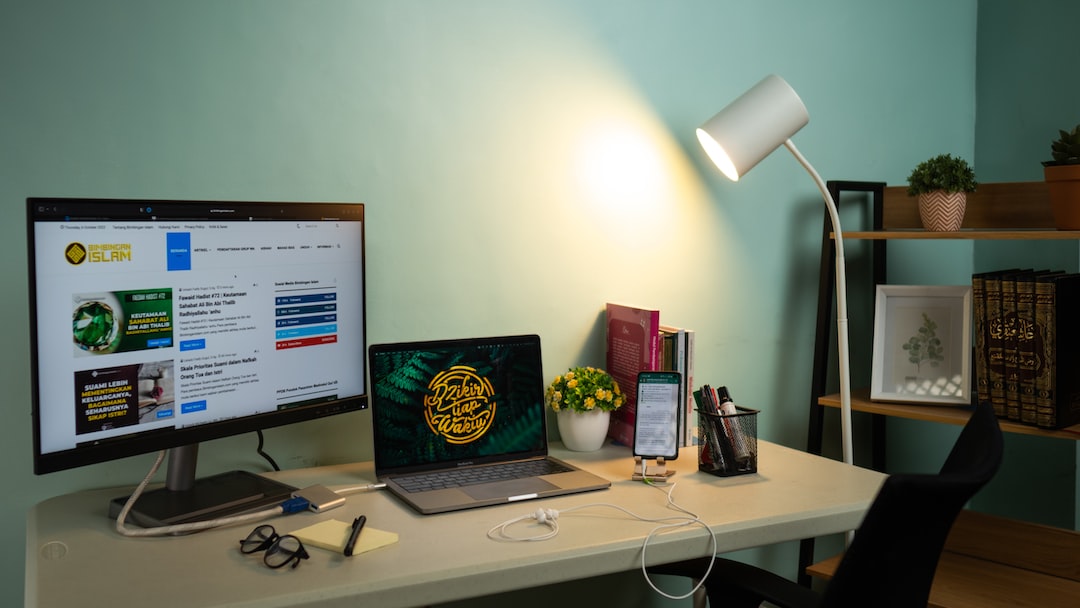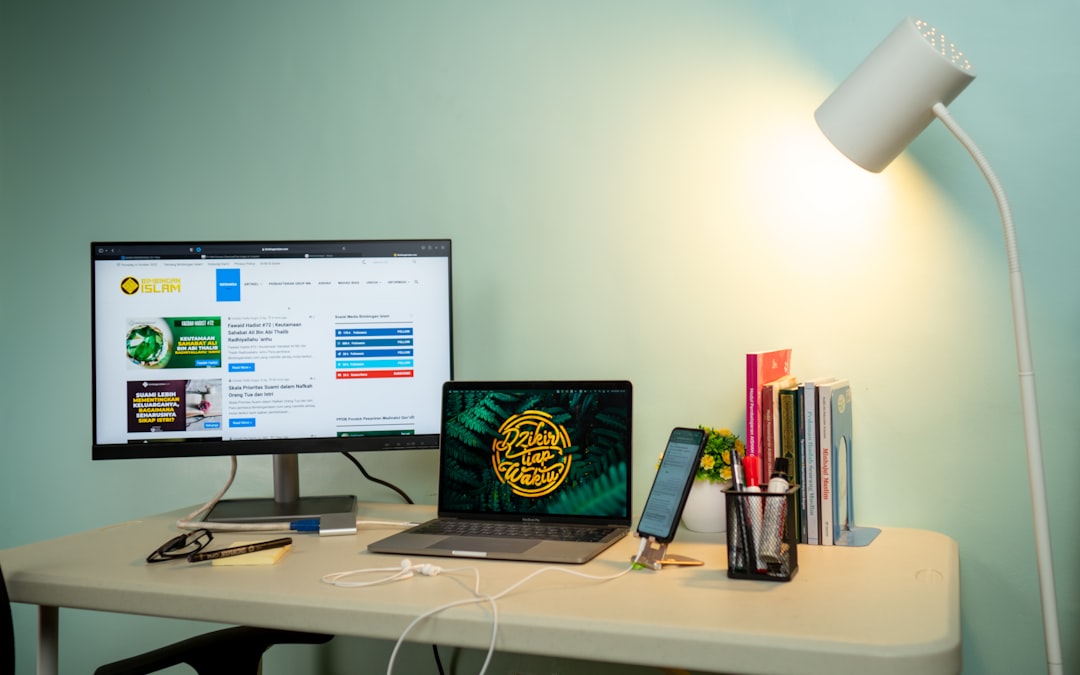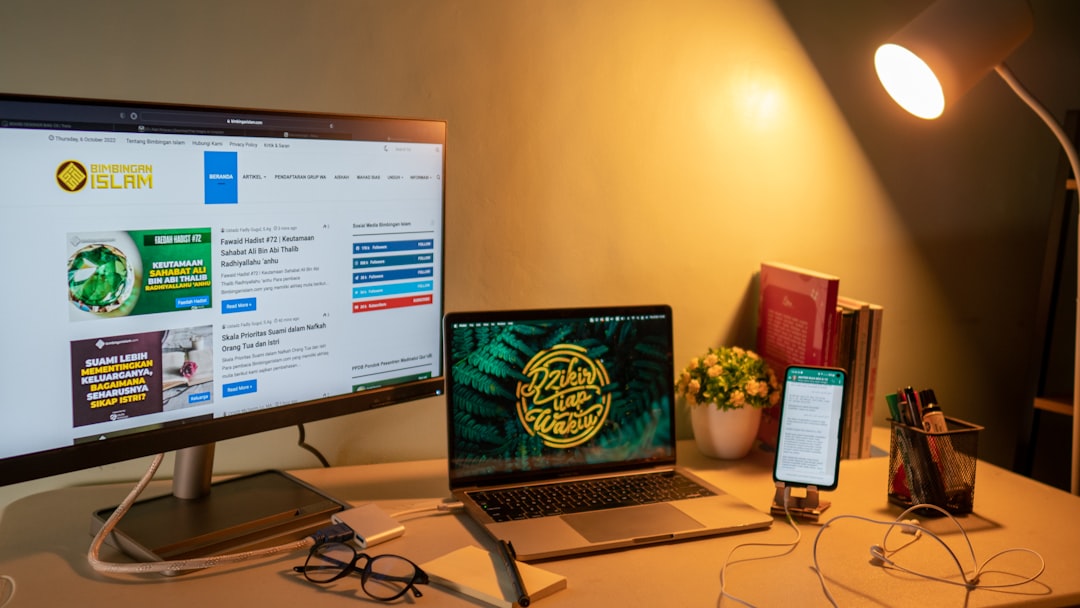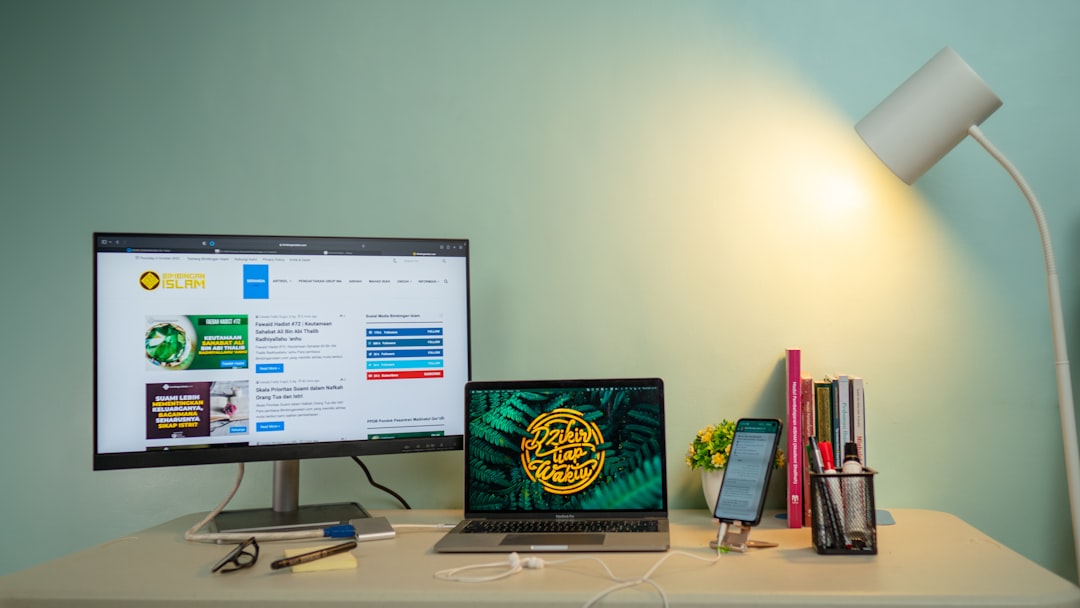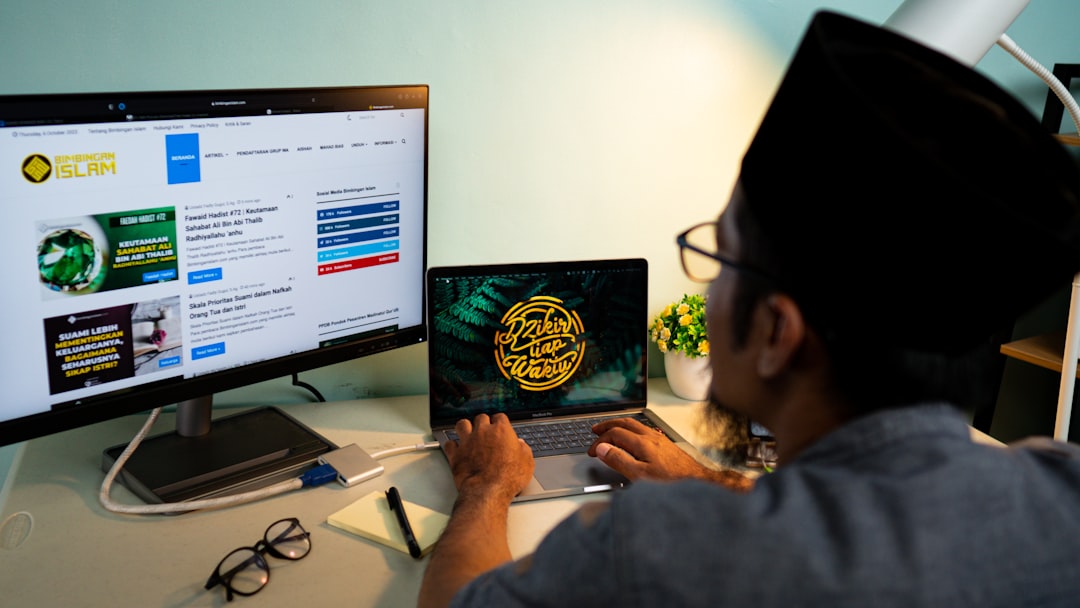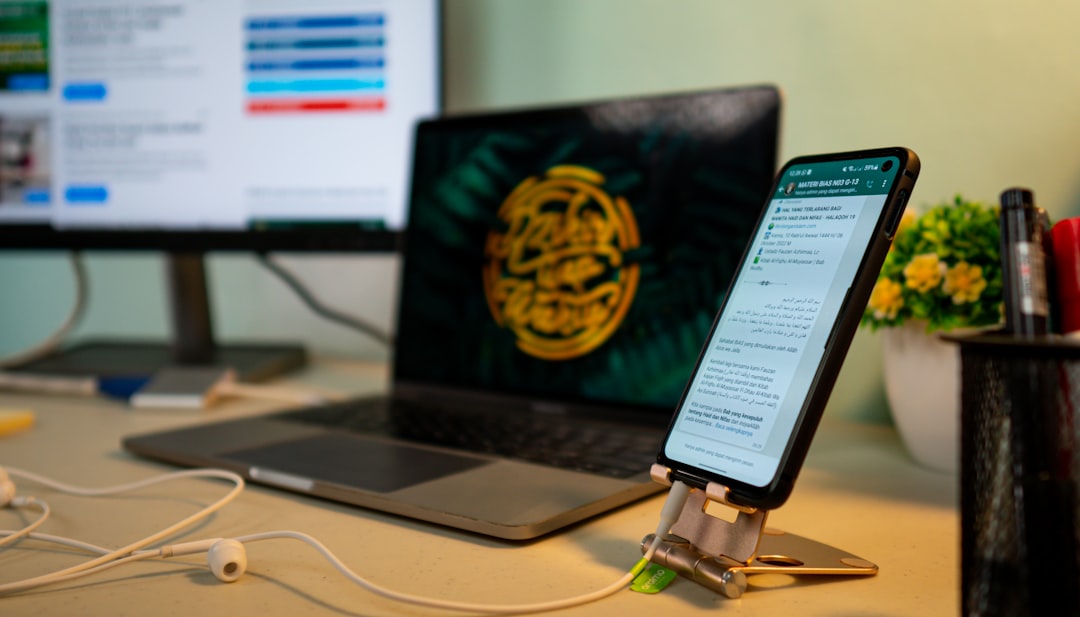As an entrepreneur, maintaining a work-life balance can be a challenge. With the pressure to keep the business running, it can be difficult to find time to focus on personal life. However, work-life balance is crucial for physical and mental health, personal relationships, and ultimately, the success of your business.
Work-life balance is the ability to prioritize and manage the demands of work and personal life effectively. It’s a state of equilibrium where time and attention are distributed between work and personal life in a way that leaves room for growth and enjoyment in both areas. Achieving this balance is a challenge, but it’s increasingly crucial for entrepreneurs who experience high levels of stress and burnout.
The concept of work-life balance is relative and personal. It varies from person to person and depends on lifestyle, work demands, and personal preferences. The balance could be a 50-50 split between work and personal life or a 70-30 split depending on what works best for the individual.
In a world where entrepreneurship is becoming more rampant, achieving healthy work-life balance is more relevant than ever. It’s essential to think beyond the business and consider personal needs to ensure overall satisfaction and happiness. In the following sections, we will explore how entrepreneurs can prioritize self-care, manage their schedules, set boundaries, delegate, disconnect, and celebrate small victories to maintain a healthy work-life balance.
Prioritizing Self-Care: Why it’s important for entrepreneurs
Self-care is often neglected by entrepreneurs as they pour all their time and energy into building and growing their businesses. However, it is important to realize that neglecting self-care can lead to burnout, exhaustion, and even physical health issues. As an entrepreneur, you are the driving force behind your business, and it’s essential to prioritize your physical, emotional, and mental well-being.
Investing time in yourself may feel like a luxury, but it should be considered a necessity. Taking care of yourself is not a selfish act but rather an investment in your long-term success. When you are well-rested, focused, and motivated, you will be better equipped to handle the challenges of running a business and make better decisions.
To prioritize self-care, you must understand the importance of setting boundaries between work and personal life. It may be tempting to work around the clock, but it’s not sustainable. Eventually, your productivity and focus will decrease, and you will start to make mistakes. It’s crucial to set realistic work hours, take breaks, and make time for activities that bring you joy and relaxation outside of work.
Self-care can take many forms, including exercise, meditation, reading, or spending time with friends and family. It’s essential to find activities that replenish your reserves and align with your values and priorities. Practicing self-care not only helps you to recharge, but it also prevents burnout, helping you to maintain a positive attitude, and increase your resilience.
In summary, prioritizing self-care is crucial for entrepreneurs. It’s important to set boundaries, make time for activities that bring you joy outside of work, and understand the importance of investing in yourself. Taking care of yourself is not a luxury, but a necessity to maintain your physical and emotional well-being and succeed in the long term.
It’s essential to find activities that replenish your reserves and align with your values and priorities.
Managing Your Schedule: Strategies for Balancing Work and Personal Life
As an entrepreneur, it can be challenging to find a balance between work and personal life. However, with effective time management strategies, you can ensure that you are prioritizing the important things while also making time for yourself and the activities you love. Here are some practical ways to manage your schedule and achieve work-life balance:
1. Create a schedule: One of the best ways to manage your time as an entrepreneur is to create a schedule. This can be a weekly, monthly or even yearly schedule that outlines your tasks, meetings, and activities. Having a plan in place will help you to stay organized and make the most of your time.
2. Evaluate your priorities: It’s important to evaluate your priorities regularly. Determine what activities are most important to you and allocate time accordingly. Make sure that you’re spending enough time on activities that bring you joy and fulfillment.
3. Set realistic goals: Setting realistic goals will help you to achieve a sense of balance in your work and personal life. Be sure to set goals that are achievable and meaningful. Consider the time and resources required to achieve your goals and adjust your schedule accordingly.
4. Learn to say no: As an entrepreneur, it can be tempting to take on every opportunity that comes your way. However, learning to say no is essential to balancing your work and personal life. Be mindful of your schedule and be willing to decline opportunities that don’t align with your priorities.
5. Schedule time for self-care: Self-care is essential to maintaining a healthy work-life balance. Schedule time for activities that you enjoy, such as exercise or reading. Make sure to prioritize rest and relaxation as well.
6. Delegate tasks: Delegating tasks is a great way to reduce your workload and free up time for other activities. Consider hiring an assistant or outsourcing tasks to a freelancer. Delegation can also help you to focus on tasks that are most important to your business.
By implementing these strategies, you can achieve work-life balance as an entrepreneur. Remember that finding balance is a lifelong journey, and it’s important to celebrate the small victories along the way. With dedication and persistence, you can succeed in both your personal and professional life.
Be mindful of your schedule and be willing to decline opportunities that don’t align with your priorities.
Setting Boundaries: How to say “no” without feeling guilty
As an entrepreneur, it can be easy to fall into the trap of saying “yes” to every opportunity that comes your way. After all, you’re trying to build your business and establish yourself in your industry. But as you begin to juggle more and more responsibilities, it becomes increasingly important to set boundaries and learn how to say “no” without feeling guilty.
The truth is, saying “no” can be incredibly difficult. It’s natural to want to please others and avoid conflict, but saying “yes” to everything can lead to burnout, overwhelm, and a lack of work-life balance. That’s why it’s crucial to establish clear boundaries and communicate them with your clients, colleagues, and loved ones.
Here are a few tips for setting boundaries as an entrepreneur:
1. Know your priorities: Before you start saying “yes” or “no” to anything, take the time to identify your priorities. What are your non-negotiables when it comes to your personal or professional life? Knowing your priorities will make it easier to say “no” to opportunities that don’t align with your goals.
2. Practice saying “no”: Like anything else, saying “no” is a skill that takes practice. It can be helpful to come up with a few scripts or phrases that you feel comfortable using when you need to decline an opportunity. Remember, you don’t have to give a long explanation or justification for your decision.
3. Be honest and direct: When communicating your boundaries, it’s important to be clear and direct with the other person. Avoid sugarcoating or beating around the bush. Instead, clearly state what you can and can’t do.
4. Set realistic expectations: If you’re working with clients, make sure to set clear expectations from the outset. This can include communication schedules, deadlines, and project scope. By setting realistic expectations, you’ll be less likely to feel overwhelmed or resentful later on.
5. Practice self-compassion: Finally, remember that setting boundaries and saying “no” is not selfish. In fact, prioritizing your well-being is one of the most selfless things you can do. Give yourself permission to take care of yourself, and don’t beat yourself up if you slip up or make mistakes along the way.
By setting boundaries and learning how to say “no” without feeling guilty, you’ll be able to maintain a healthier work-life balance and build a sustainable business in the long run.
Delegation: Tips for Effectively Delegating Tasks to Reduce Workload
Delegation is a commonly overlooked strategy for entrepreneurs in maintaining a healthy work-life balance. Many business owners feel like they have to do everything themselves to ensure their business is successful. However, this often leads to burnout and a lack of time for personal activities.
Effective delegation involves identifying tasks that can be done by others, delegating those tasks to capable individuals, and providing adequate guidance and support. Here are some tips for effectively delegating tasks:
1. Identify what can be delegated: Entrepreneurs often hold onto tasks that don’t necessarily require their expertise or attention. Consider which tasks can be delegated to others, such as administrative tasks or routine duties.
2. Delegate to capable individuals: Once you’ve identified which tasks can be delegated, choose individuals with the skills and knowledge to complete them. Provide adequate training and support to ensure they have what they need to succeed.
3. Prioritize tasks: Prioritize which tasks need to be completed first, and delegate accordingly. This will help ensure that the most important duties are completed in a timely manner.
4. Provide clear instructions: When delegating tasks, be clear and specific about what needs to be done, the expected outcome, and the timeframe for completion.
5. Trust your team: Allow your team members to take ownership of delegated tasks and trust them to complete them to the best of their abilities. This will not only keep them motivated, but also give you the freedom to focus on other important aspects of your business.
Delegation is an important tool for entrepreneurs to maintain a healthy work-life balance. By identifying which tasks can be delegated, choosing capable individuals to complete them and providing clear instructions, entrepreneurs can free up their time to focus on more meaningful personal activities, without sacrificing the success of their business.
Provide clear instructions: When delegating tasks, be clear and specific about what needs to be done, the expected outcome, and the timeframe for completion.
Disconnecting: The Importance of Taking Breaks and Unplugging from Work
As entrepreneurs, it’s tempting to always want to be connected and available to our businesses. We’re passionate about what we do, and we want to ensure that everything runs smoothly. However, it’s crucial to prioritize our mental and emotional well-being by taking breaks and disconnecting from work.
When we’re constantly plugged in, we may feel overwhelmed and burnt out, which can affect our overall productivity and creativity. Taking breaks can help us recharge and come back to work with a fresh perspective.
There are various ways to disconnect from work. For instance, you can create a designated “off” time each day or week, where you disconnect from work-related tasks and activities. You can also take regular breaks throughout the day to engage in activities that have nothing to do with work, like exercise or spending time with loved ones.
It’s also important to set boundaries with your clients and coworkers, so they understand that you’re not always available. This may involve letting them know your availability and preferred methods of communication or delegating tasks to trusted team members.
In addition to taking breaks, unplugging from work means disconnecting from technology. This may be challenging, but setting aside time to unplug can greatly benefit our mental health. We can use this time to engage in activities that promote relaxation and self-care, such as meditation, reading a book, or taking a nature walk.
Overall, disconnecting from work is crucial for maintaining a healthy work-life balance. By prioritizing our mental and emotional well-being, we can become more productive and creative entrepreneurs.
There are various ways to disconnect from work.
Conclusion: Celebrating Small Victories and Maintaining Work-Life Balance as a Lifelong Journey
As an entrepreneur, maintaining work-life balance is an ongoing journey that requires a lot of effort, but it is definitely worth it. Celebrating small victories along the way can make the journey more enjoyable and help you stay motivated.
Remember that there is no one-size-fits-all approach to achieving work-life balance. What works for someone else may not work for you. Don’t be afraid to experiment with different strategies until you find what works best for you.
Additionally, work-life balance is not a one-time achievement, but a continuous effort. You may need to revisit your strategies and make adjustments as your personal and professional circumstances change. What is most important is that you remain committed to maintaining a healthy balance between your work and personal life.
In conclusion, prioritizing self-care, managing your schedule, setting boundaries, delegating tasks, and disconnecting from work are all critical strategies for achieving work-life balance. But ultimately, maintaining this balance is a lifelong journey that requires consistency, discipline, and patience. So take it one day at a time, celebrate your small victories, and enjoy the journey.
